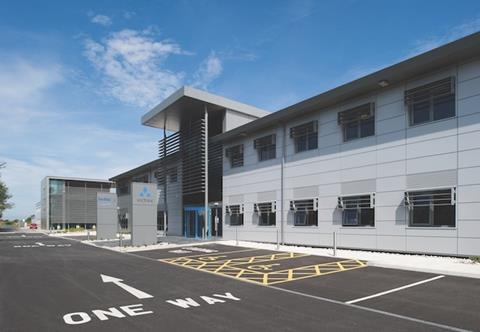
Global high-performance polymer manufacturer Victrex employs around 600 people in the UK in roles ranging from manufacturing to management. When Sally Knill joined as head of reward in 2013, it soon became apparent that a financial education programme was needed. “There was limited appreciation of the benefits on offer,” she says. “The pension trustees were looking to change this but the two-hour-long seminar they proposed was far from engaging.”
Instead, Knill segmented the workforce by age and arranged for more life-stage focused workshops to be rolled out. As well as highlighting the benefits on offer, these workshops provided employees with information about everything from student loans to retirement options and spotting financial scams. “Knowledge increased significantly and we also saw a lot of employees using this to take out additional voluntary contribution (AVC) schemes to top up their pensions,” she says.
A year later, Knill introduced a broader health and wellbeing strategy, which included financial wellbeing, and decided to build on the success of the programme. “We were closing our defined benefit pension scheme to future accrual so we wanted to provide more financial education to ensure employees understood the new scheme and were able to take advantage of it,” she explains.
Taking the same segmented approach as before, but adding in one-to-ones for employees requiring more detailed guidance, the new programme had huge take-up and some very positive results. Just one employee has opted out of the new scheme with the majority choosing to pay in the 5% contribution the organisation was targeting. “Helping our employees make informed decisions about their finances is incredibly important for their wellbeing,” adds Knill.
“This also translates into business benefits such as higher employee engagement and lower turnover. Financial education definitely deserves its place in the employee benefits mix.”
















